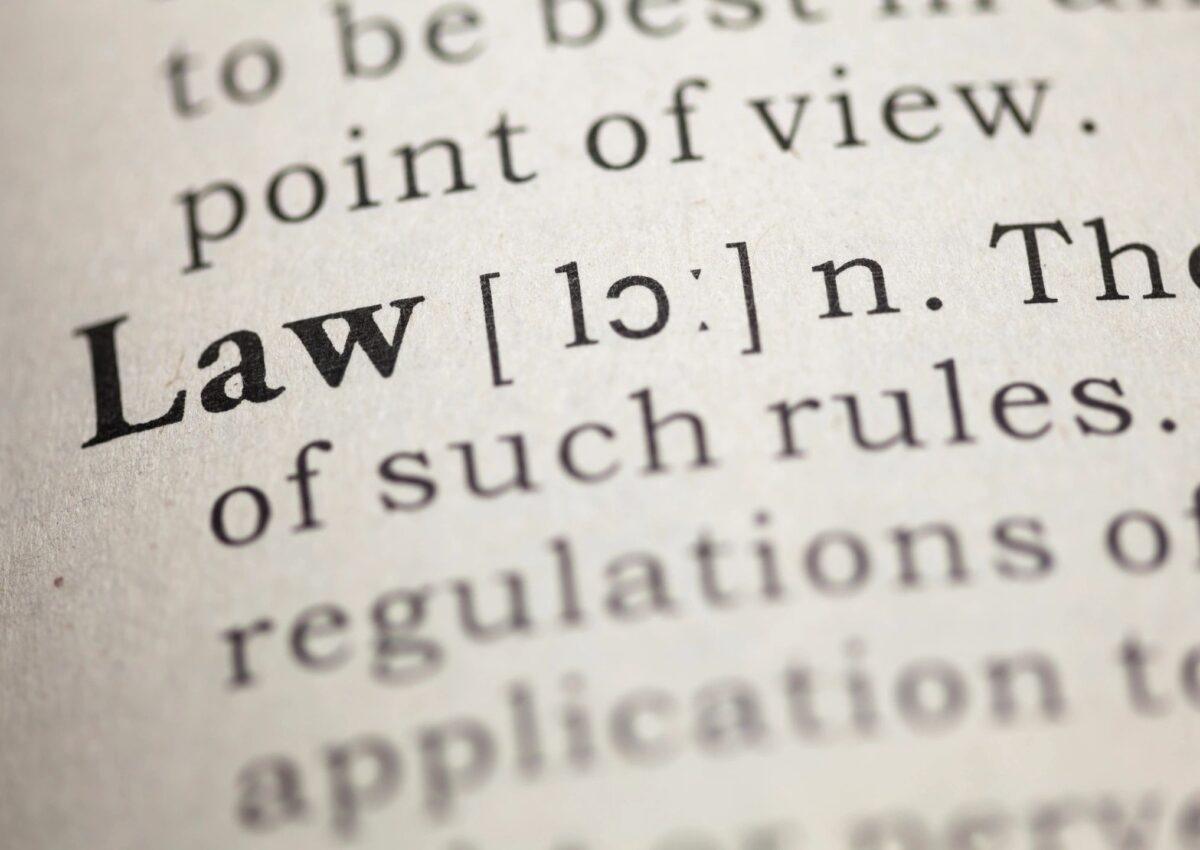
In California personal injury cases, first-party insurance claims refer to claims made by an individual (the policyholder) to their own insurance company for coverage related to injuries or damages they have suffered. These claims typically involve coverage provided under the policyholder’s own auto insurance, health insurance, or homeowner’s insurance, rather than claims against the at-fault party’s insurance. In the context of automobile accidents, a first-party claim might include Personal Injury Protection (PIP) or Medical Payments (MedPay) coverage, both of which are designed to cover medical expenses and other costs resulting from injuries, regardless of who caused the accident. Although California does not require PIP coverage, it may be purchased as part of a comprehensive auto insurance policy.
In the case of auto accidents, first-party claims can also include claims for Uninsured/Underinsured Motorist (UM/UIM) coverage, which helps compensate the insured for injuries caused by a driver who either has no insurance or insufficient insurance to cover the full extent of the injuries. For example, if an accident occurs and the at-fault driver lacks insurance, the injured person can file a first-party claim under their own UM/UIM coverage to recover damages. This type of coverage is especially important in California, where uninsured motorists are relatively common, and it ensures that injured parties can still receive compensation for medical bills, lost wages, and pain and suffering, even when the at-fault driver has inadequate insurance.
First-party claims in personal injury cases can be relatively straightforward but may also involve complexities, especially when the injured party is seeking compensation for damages beyond medical costs, such as lost income or pain and suffering. In California, insurers are required by law to handle first-party claims in good faith, meaning they must investigate and pay claims promptly and fairly. If an insurer denies or unreasonably delays a claim, the policyholder may have grounds to file a bad faith lawsuit against the insurer. In such cases, the insured can seek additional damages beyond the policy limits, including emotional distress and punitive damages. Therefore, while first-party claims provide a critical avenue for compensation, it is important for policyholders to understand their coverage and legal rights to ensure they are treated fairly throughout the claims process.
Visit: https://inlandempirelitigation.com/
Law Offices of James R. Dickinson – 909-848-8448
How To Schedule A Consultation:
Please call us at 909-848-8448 to schedule a free consultation/case evaluation or complete the form immediately below. [Please note certain formalities must be completed to retain the Law Offices of James R. Dickinson, such as the signing of a legal fee agreement [see “Disclaimers”]].
